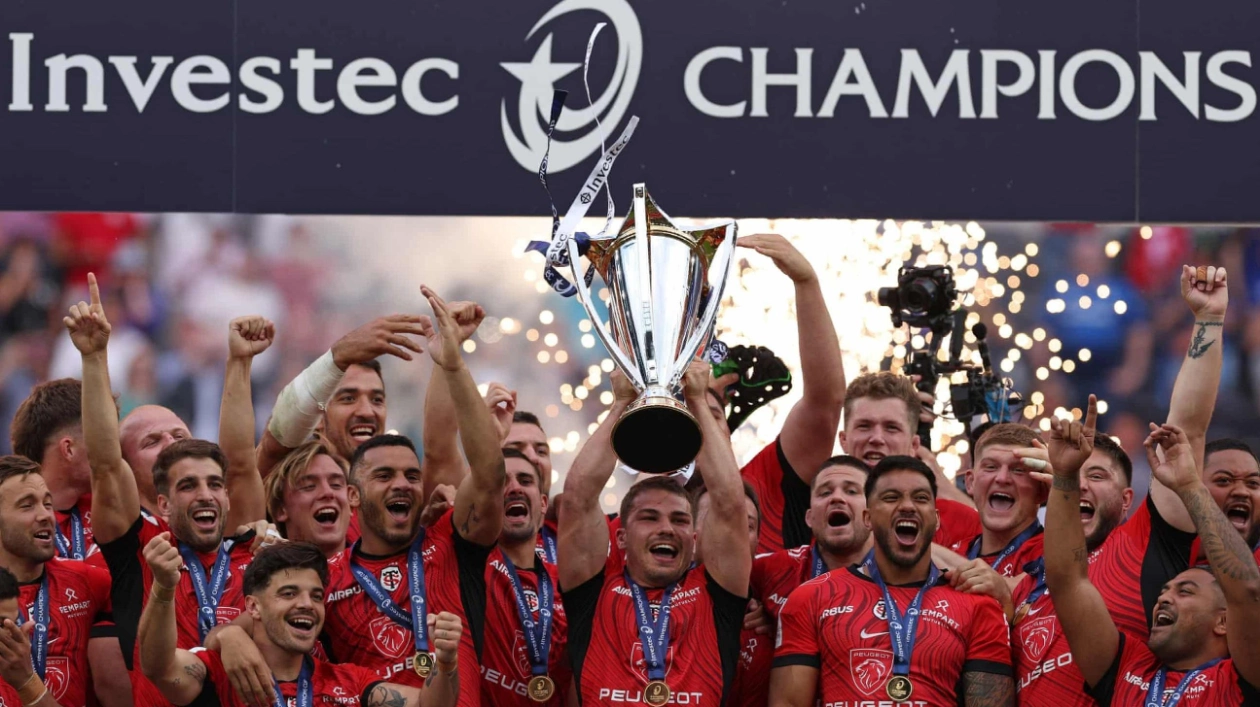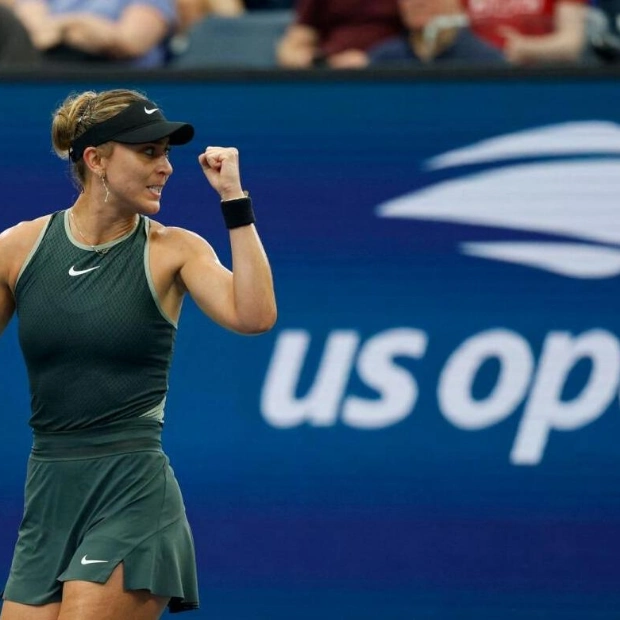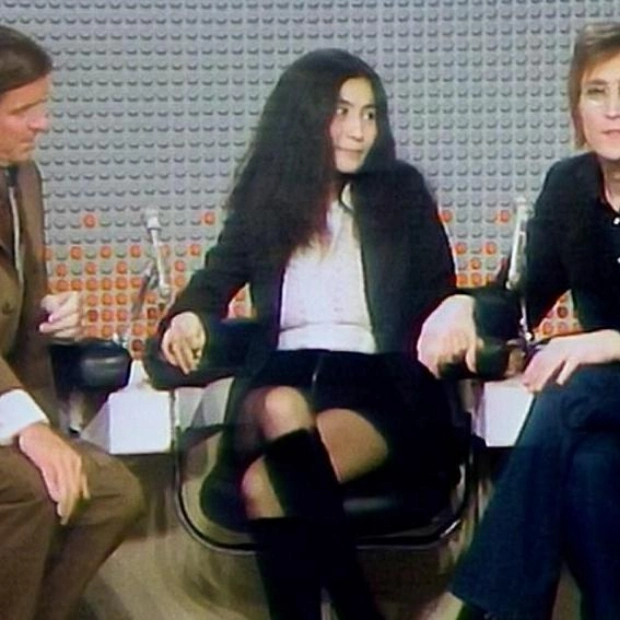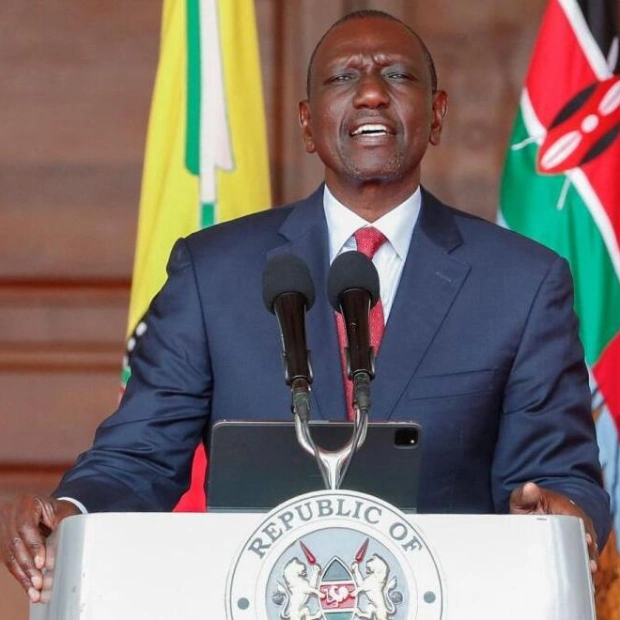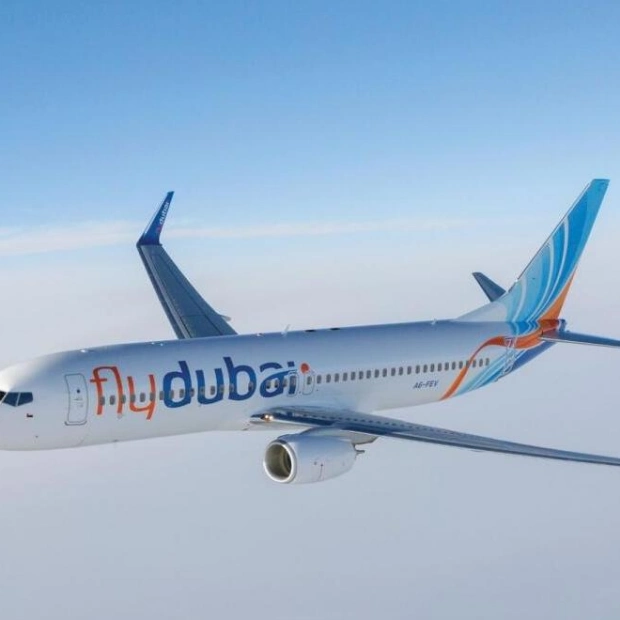Celebrating the 30th edition of the iconic Heineken Cup, now officially known as the Investec Champions Cup, we reflect on its enduring legacy. The inaugural match between Farul Constanta and Toulouse in October 1995, held with modest fanfare on the Black Sea coast, marked the beginning of a tournament that would profoundly shape rugby. But does the same raw excitement still resonate today? The current custodians of this prestigious event face a mid-life crisis, grappling with declining TV rights, escalating costs, and the perennial challenge of fitting a global fixture list into a tight schedule.
In the past, the tournament kicked off before the autumn internationals, heightening anticipation. Now, teams return from intense Test matches to compete in a condensed, winter-bound seven-week period. The traditional home-and-away double-headers and random knockout draws are relics of the past, favoring pool leaders like Bordeaux-Bègles, who could secure multiple home matches if they maintain their winning streak.
The opening rounds, starting with Bath hosting La Rochelle, are crucial. A victory for Johann van Graan's Premiership leaders could set them on a path to pool victory and a potential deep run in the tournament. In contrast, Exeter Chiefs face a daunting task, hosting top French teams and traveling to Durban and Belfast.
Wales' absence from the top tier for the first time in history underscores the tournament's evolving landscape. Harlequins, however, see opportunities if they can overcome Racing 92 in Paris. Bristol's attacking prowess could shake up Pool 2, especially if they can secure an early win against Leinster.
Northampton, Leicester, Saracens, and Sale Sharks must elevate their game to reach the quarter-finals, facing the growing strength of South African teams. The Vodacom Bulls, Hollywoodbets Sharks, and DHL Stormers are adapting to the Champions Cup's rhythms, bolstered by the Springboks' world-leading status.
Despite the challenges of travel and year-round play, European clubs like Glasgow have shown they can surprise, as evidenced by their URC final victory over the Bulls. However, the odds still favor traditional heavyweights like Toulouse and Leinster, who are expected to dominate the latter stages of the tournament.
This 30th season must deliver the high-quality rugby that once defined the Champions Cup. A potential last eight lineup includes Bordeaux, Bath, Harlequins, Bulls, Toulouse, Leinster, Glasgow, and La Rochelle. Beyond national pride, the tournament needs to captivate neutral fans to ensure this landmark season is anything but ordinary.
Source link: https://www.theguardian.com
